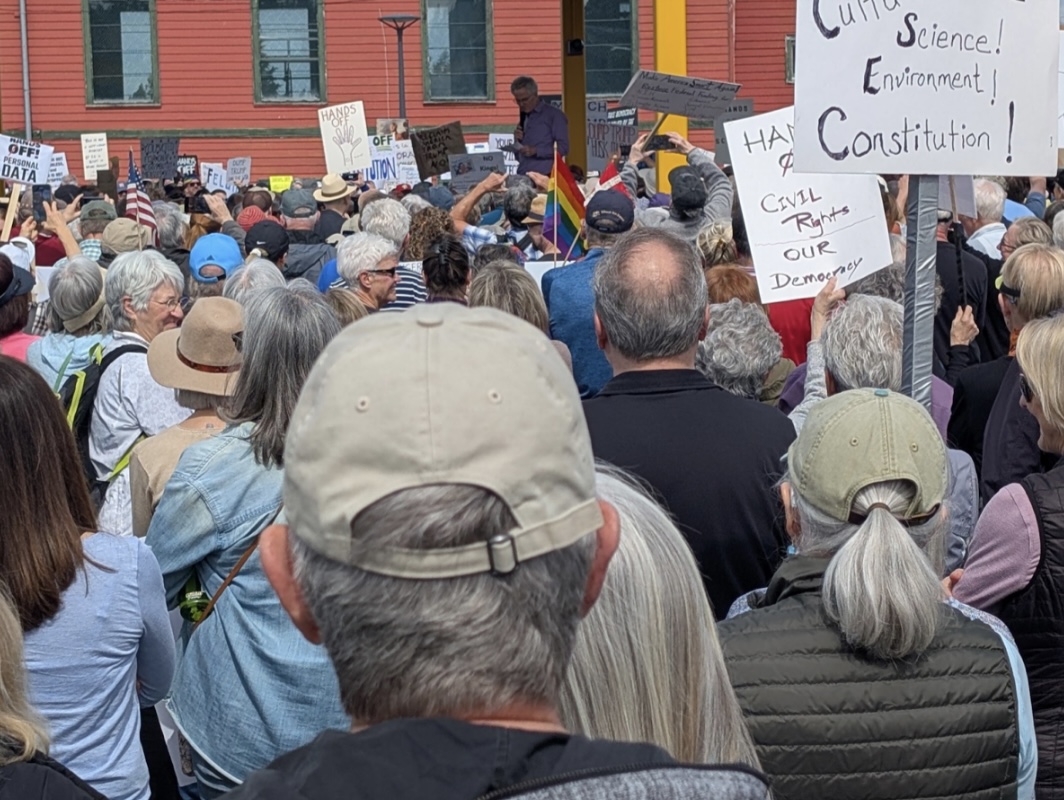A MALE PERSPECTIVE ON UNDERREPRESENTATION
My childhood was marked by two things: my father’s abandonment, and the presence of powerful women who replaced him.
As I grew up, I noticed that men exerted power over many. They were my doctors, my politicians, my scientists, my sports idols. But more importantly, society gave them more importance than the women who accomplished the same things. This was a huge contrast to the reality inside my household.
Even then I wondered, where were all the women? They seemed to be all over my house, but why weren’t women on my TV giving powerful speeches, announcing cures for illnesses or describing big technological breakthroughs?
The women in my family worked long hours. They educated and took care of their children, and provided for us not only economically, but also with the emotional support we needed. Most of the time, they called the shots. Unsurprisingly, in most instances, they were right.
They solved problems with tact and diligence. As a result, the concept of powerful women leading others is neither strange nor outrageous to me, as it apparently is to many men. They proved to be just as intelligent and resolute as men, maybe even more so.
If you think about it, it’s sad that women even need to prove it to society in the first place.
Imagine the shock in my childish head when I found out there were more women in the world than men, yet men overpopulated all positions of power.
So why are women, in 2019, still underrepresented in fields like, say, politics?
Representation in Politics
Let’s take a look at the 116th U.S. congress for starters.
According to a rundown of the composition of the 116th Congress by the Eagleton Institute of Politics of Rutgers University, 127 women serve in the House of Representatives, comprising 23.7 percent of the total of 535 representatives. In the Senate, meanwhile, 25 women serve, making up 25 percent of the 100 members.
Recently these numbers have been a cause of celebration, and rightly so. This fresh(wo)men class of congress is decidedly more diverse than any other in history. However, these numbers pale in comparison to the kind of representation in government that women enjoy in certain countries.
Let’s go a little bit north. In Canada, out of 334 seats available in the House of Commons, 90 are held by women, amounting to 26.9 percent. In the Senate, however, they’ve almost achieved parity, as 46.7 percent of senators are women (49 out of 105).
These numbers sound decent until you put them in a global context. Canada ranks 59th in representation of women in lower and upper houses of congress in governments around the world, according to the Inter-Parliamentary Union, and Canada holds a reputation of being an inclusive society.
The United States ranks 75th in the same study, tied with Montenegro. This ranking makes sense when looking at the country’s political landscape, a field where women like Representative Alexandria Ocasio-Cortez have been criticized for what they wear and for when they choose not to smile.
This type of unfair scrutiny is something that most women experience from an early age. As a consequence, many little girls are set on a path of constant dissatisfaction in many aspects of their lives like their appearance or their academic performance.
Balancing the Scales
Knowing all of this, how can women be expected to compete on a level playing field with men, when this society tries its best to tear them down as early as possible?
Employers, many times subconsciously, subject women to unfair standards, which severely limit their ability to attain important positions in their fields of choice. Many fields are addressing this problem by implementing gender blind processes of selection, such as holding blind auditions for orchestras in an attempt to circumvent implicit biases that are hurting women.
Women are underrepresented because our patriarchal society tries to tear them down, holding them to levels of scrutiny that most men don’t face. And when society doesn’t tear down women on purpose, it does so unconsciously. Such is the way society has been conditioned to react to women showing initiative.
There needs to be equal representation in positions of power. That is one of the true marks of an equal society, or at least a society that strives to be.








